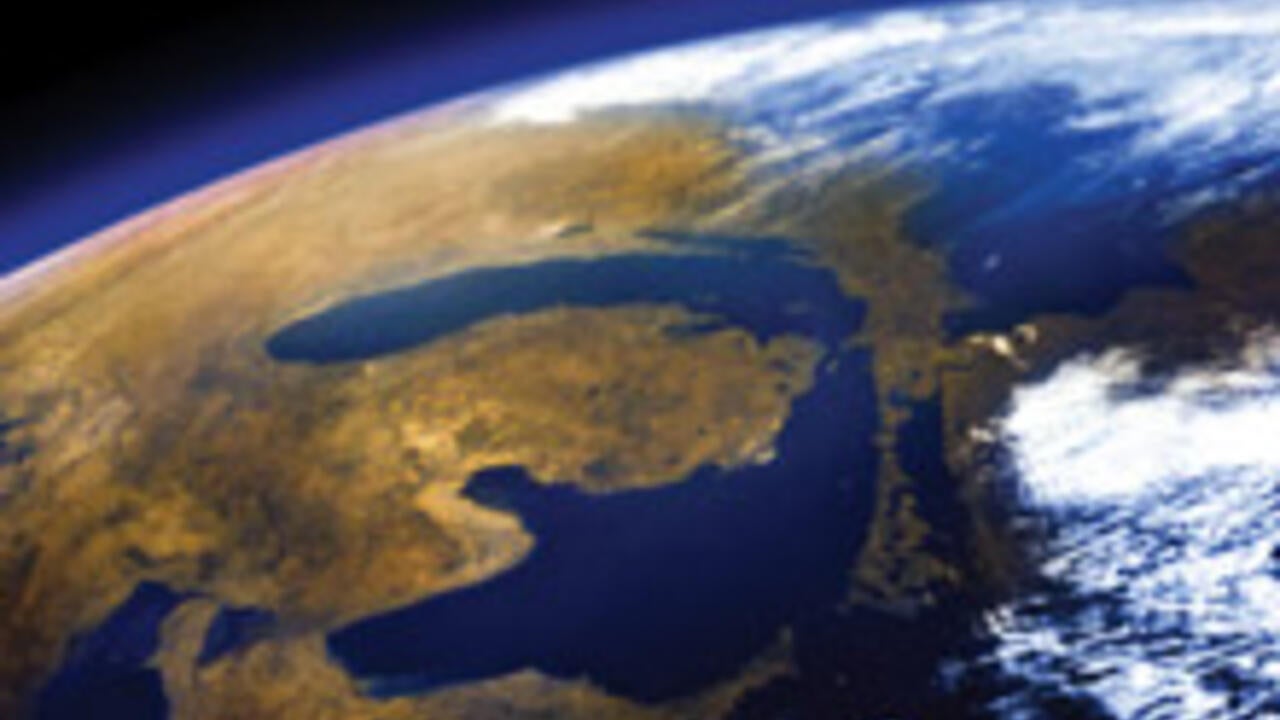
Four Waterloo alumni make Canada's astronaut short list
Canadian Space Agency (CSA) launches campaign to recruit two new astronauts

Canadian Space Agency (CSA) launches campaign to recruit two new astronauts
By Nicole Bennett and Christine Bezruki University StaffFour graduates of the University of Waterloo beat out more than 3,700 other applicants to make the Canadian Space Agency (CSA) short list to recruit two new astronauts.
Thomas Karakolis, who graduated with a PhD in kinesiology, said he was pleasantly surprised to make the cut. “Astronauts are human participants in one giant experiment. I think that’s what appeals to me. I’m a very curious person, and there is nothing more unknown than space,” said Karakolis.
The Canadian Space Agency requires all candidates to have a university education in a science, technology, engineering or mathematics (STEM) field, and — in addition to being in excellent health — possess qualities conducive to surviving months in orbit: superior judgement, resourcefulness, integrity and a team mentality.
The CSA recently began its fourth recruitment campaign for the Canadian astronaut corps. These four graduates from the University of Waterloo are among the 72 applicants shortlisted. Two will be selected to relocate to NASA’s Johnson Space Center in Houston, Texas in August.
Martha Lenio earned a bachelor’s degree in mechanical engineering in 2004 at Waterloo and later completed a doctorate in photovoltaic engineering at the University of New South Wales in Australia. She is the owner and founder of Mars Green Consulting, a renewable energy consulting company based in Kitchener that specializes in photovoltaic and renewable energy systems for remote communities.
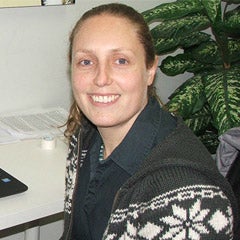
Lenio conducted research on renewable energy while commanding a Mars simulation program, the Hawaii Space Exploration Analog and Simulation (HI-SEAS) mission, funded by NASA. She was the first Canadian and the first woman to lead this mission.
Jesse Zroback obtained a bachelor’s degree in chemical engineering from the University of Waterloo in 2008 before earning a doctorate in medicine from the Northern Ontario School of Medicine (NOSM), a joint initiative of Lakehead University in Thunder Bay and Laurentian University in Sudbury. He is currently a physician in Marathon, Ontario and an assistant professor at NOSM.
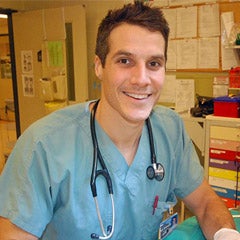
“Discovery through exploration and adventure is a passion of mine,” writes Zroback in his CSA online profile. “It would be an honour to share the adventure with our country’s youth to help create a better future for Canada and our planet Earth.”
Francis Hane, a graduate from the Faculty of Science, obtained a master’s degree in 2009 and a doctorate in 2013 from the University of Waterloo, both in the field of biophysics. Hane works as a commercial pilot and as a postdoctoral fellow at Thunder Bay Regional Institute, Lakehead University. Hane is also a research associate at the University of Waterloo. Hane’s research focuses on Alzheimer’s disease and methods of detecting it earlier.
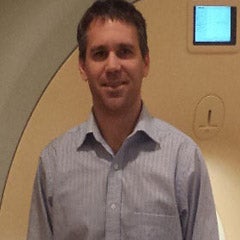
Thomas Karakolis works for the Department of National Defence, where his research focuses on improving the performance and reducing the injuries of members in the Canadian Armed Forces. He graduated with a PhD in 2014 from Waterloo’s Faculty of Applied Health Sciences.
“I have always wanted to push the boundaries of what I believe is possible,” Karakolis writes in his CSA profile. “I would also love to serve as an inspiration to others, and to show that anything is possible when you have a dream.”
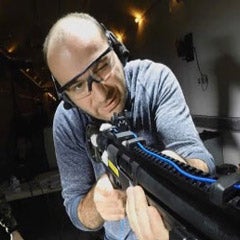
The 72 candidates will now go through a series of interviews, written exams and physical tests. Beyond an extensive background in science, engineering or medicine and exceptional health, the CSA is looking for creativity and communication skills in the next generation of space explorers.
Images: © Canadian Space Agency

Read more
Here are the people and events behind some of this year’s most compelling Waterloo stories

Read more
Meet five exceptional Waterloo graduate students crossing the convocation stage as Class of 2025 valedictorians

Read more
The Government of Canada announces funding to support research in health, AI, climate and social equity and drive national innovation
The University of Waterloo acknowledges that much of our work takes place on the traditional territory of the Neutral, Anishinaabeg, and Haudenosaunee peoples. Our main campus is situated on the Haldimand Tract, the land granted to the Six Nations that includes six miles on each side of the Grand River. Our active work toward reconciliation takes place across our campuses through research, learning, teaching, and community building, and is co-ordinated within the Office of Indigenous Relations.